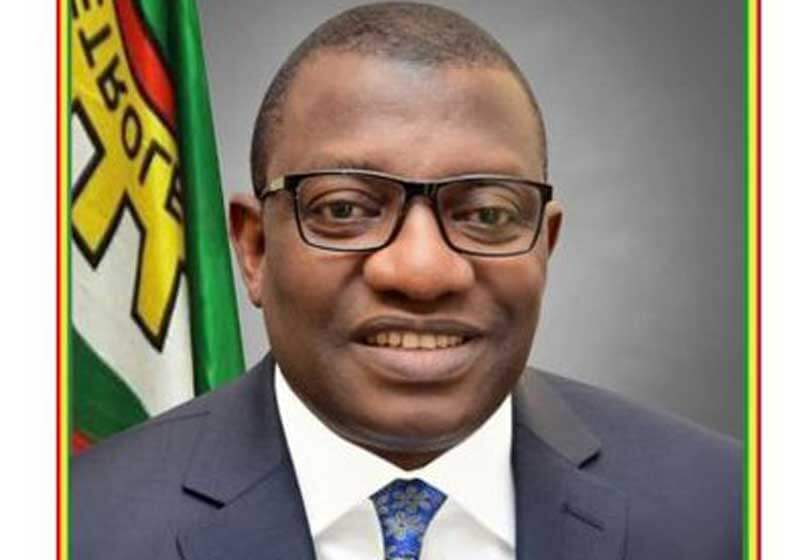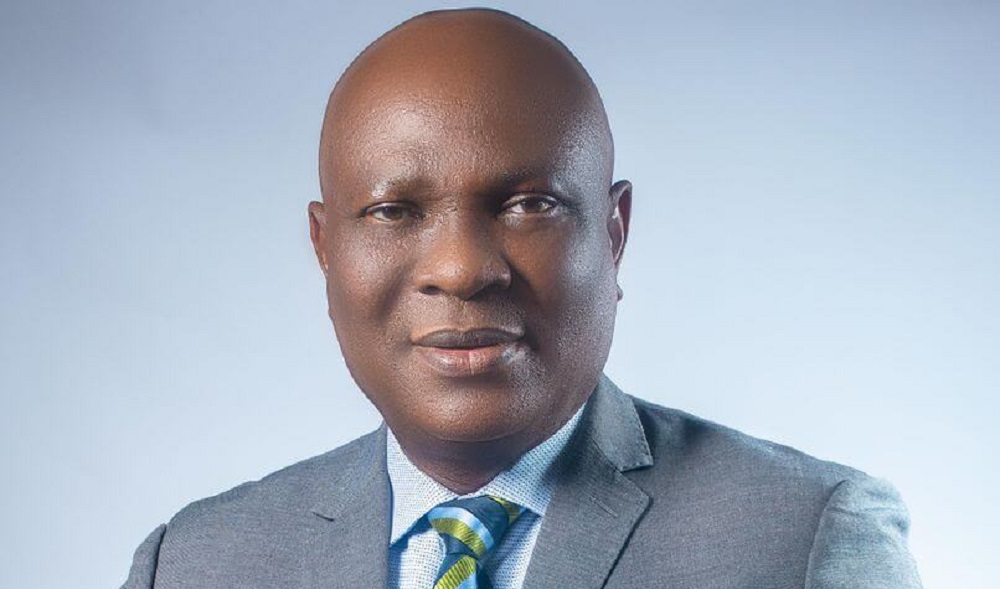OPINION: How Mobile Eye Clinics Can Strengthen Nigeria’s Health Security

Why wait for patients to come when you can go to them? This question guided much of my work on community eye health. Over the years, I have seen something impactful: When healthcare shows up, people respond.
In villages where there are no clinics, we have set up under the trees. We have fitted glasses in the classrooms. We have screened for blood sugar and talked to families by managing chronic diseases, right in the heart of their communities. Every time, the response was overwhelming. People show up early and wait patiently in long queues.
Mobile eye clinics offer more than just convenience; they are an essential remedy for a healthcare system that remains inaccessible to many.
Why We Need Mobile Eye Clinics Right Now
Like many other countries, Nigeria faces major eye health challenges. The World Health Organisation estimates that over 2.2 billion people globally have vision impairment, and nearly 50% of those cases are preventable. In Nigeria, studies have shown that up to 4.25 million adults suffer from moderate to severe visual impairment.
For many, the biggest barrier is not the cost but the distance.
Millions live in areas with no access to optometrists or ophthalmologists. Travelling is not easy for certain groups, such as older adults, schoolchildren, and individuals with chronic health issues. For these people, a mobile eye clinic offers more than just convenience; it can transform their lives.
Cost-Effective Impact
Mobile clinics serve as a cost-effective and impactful solution, particularly in regions lacking optometrists or ophthalmologists, when compared to the long-term expenses associated with vision impairment, such as reduced productivity, educational setbacks, and increased dependency.
Early Detection Saves Lives
As I’ve written here before, the eye is unique in that it allows us to view blood vessels and nerves without the need for surgery or needles. Mobile retinal screening might offer early indications of diabetes, hypertension, or other chronic illnesses.
What We’ve Learnt From Experience
Through our outreach programmes, we have seen that bringing healthcare to people changes everything. We have observed how trust grows when care shows up right where it is needed. Mobile clinics do not just help; they are a smart strategy for solving real problems. They reduce missed diagnoses, help communities to trust the system, and generate health data that policymakers can use.
What It Takes to Run a Mobile Clinic and Why it is Worth it
Operating a mobile clinic comes with costs, vehicles, fuel, maintenance, equipment, and staff. However, compared with the long-term impact of poor vision on productivity, education, and income, the return on investment is huge.
Here’s what’s needed:
- A mobile van equipped with basic diagnostic tools
- A trained eye care team, including optometrists, assistants, and drivers
- Partnerships with local governments, NGOs, community leaders, political leaders, and philanthropists.
- Funding for glasses, medications, and follow-up care
Making Eye Care Everyone’s Business
Good vision is a gateway to better learning, productivity, and dignity. When we take services to where people are, we:
- Catch problems early
- Reduce out-of-pocket costs
- Improve health outcomes
- Foster trust between providers and communities
This is how we move from treating individuals to transforming systems.
A National Opportunity
If we are serious about universal health coverage, then we must get serious about mobile health innovations. A health system that excludes the poor or remote people is incomplete. Mobile health is how we reach the rest. We must integrate the mobile clinics into national strategies and the budget.
Call to Action
Policymakers and funders: Support mobile eye care in national health plans. Allocate resources to bring services to where people live and work.
Health Leaders: Integrate eye health into primary care, especially noncommunicable disease screening.
Communities: Demand Inclusion. Ask your local leaders what they are doing to make healthcare truly accessible.
Care should not depend on where you live, and clear vision should not be a privilege. When we bring sight-saving services to people, we not only restore vision but also hope, productivity, and dignity.
— Nwigwe is an Optometrist, Healthcare Transformation Leader and Founder, The Eye Place Nigeria.
OPINION: How Mobile Eye Clinics Can Strengthen Nigeria’s Health Security is first published on The Whistler Newspaper




